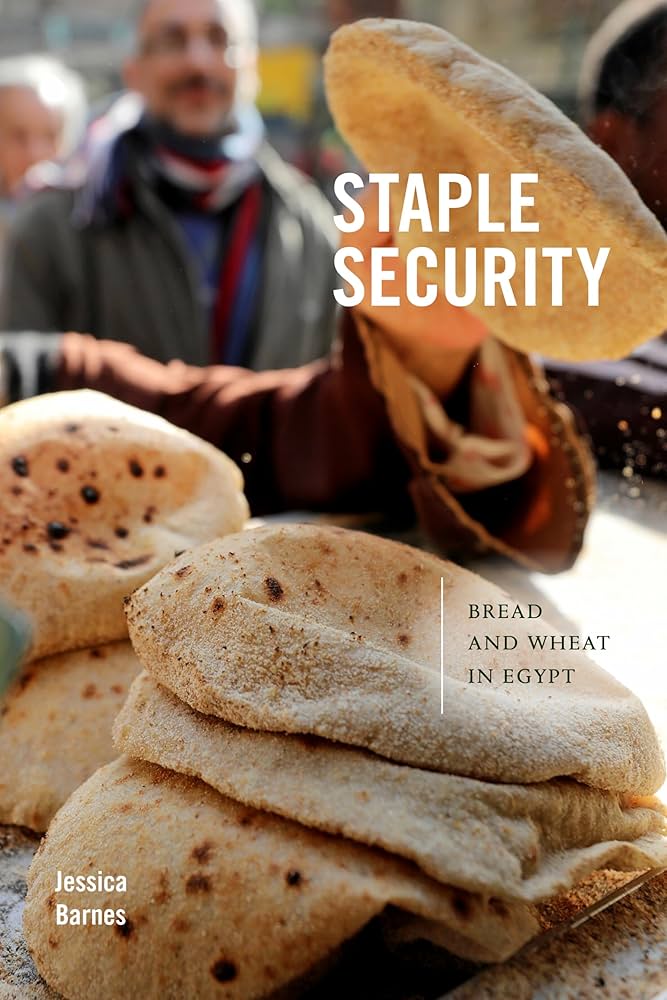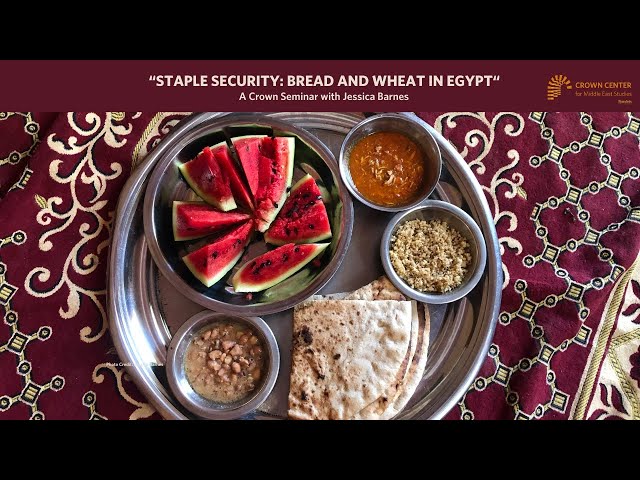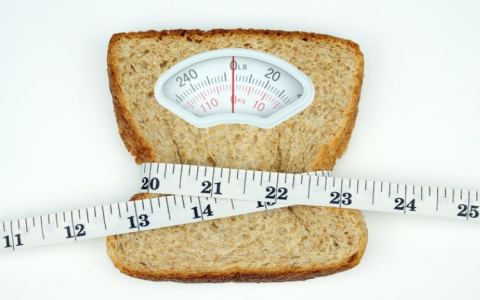Okay, so I’ve been digging into this whole Egypt, bread, and wheat situation. It’s seriously fascinating how important this stuff is, not just for food, but for the whole country’s stability. Here’s what I did and what I found out.
Getting Started
First, I hit up the usual spots – Google, some academic databases, and news articles. I wanted to get a general sense of the situation. I quickly realized that this wasn’t just about recipes or farming; it’s about politics, economics, and even social unrest.

Diving Deeper
Then, I started looking for specific data. Stuff like:
- How much wheat does Egypt produce itself?
- Where does it import wheat from?
- How much does the government subsidize bread?
- How have global events, like the war, affected prices?
I spent hours sifting through government reports, World Bank data, and articles from organizations that track food security. It was a lot of info, and honestly, pretty dry at times. But I pushed through because the more I read, the more I understood how complex this all is. The numbers were changing all the * was tough to keep up.
Finding the Real Stories
But here’s the thing, the numbers only tell part of the story. So, I tried to find firsthand accounts. I looked for interviews with Egyptian citizens, blog posts, and even social media discussions (though you have to be careful with that).I wanted to hear how real people were being affected by bread prices and availability.
Connecting the Dots
After collecting it,I began to connect * relies heavily on imported wheat, especially from the Black Sea region.
When that supply is disrupted, things get * government’s bread subsidy program is massive.
And even small price increases can have a huge impact on families.

My Takeaway
It’s clear that bread and wheat are super important, and a major * is something that affect every single one in * will be a long way to go for Egypt to have a stable condition.
It was a real eye-opener for me. I realized I want to read more on the news and keep focusing on the dynamics.













